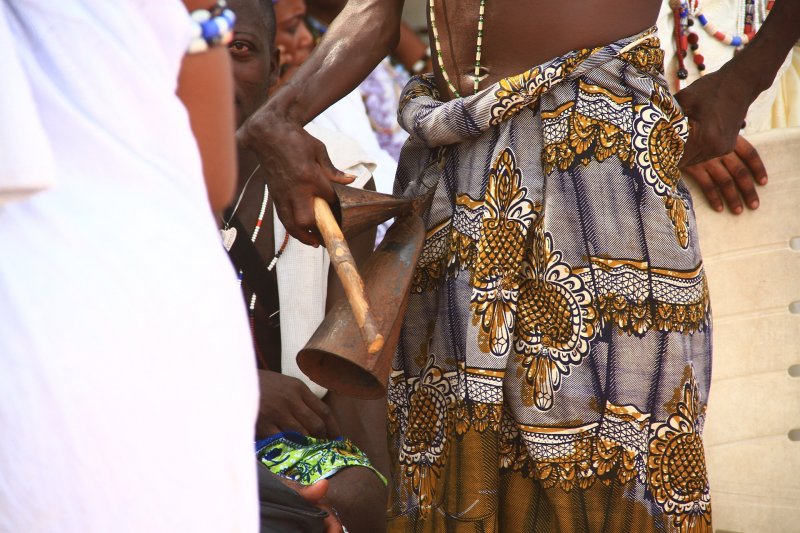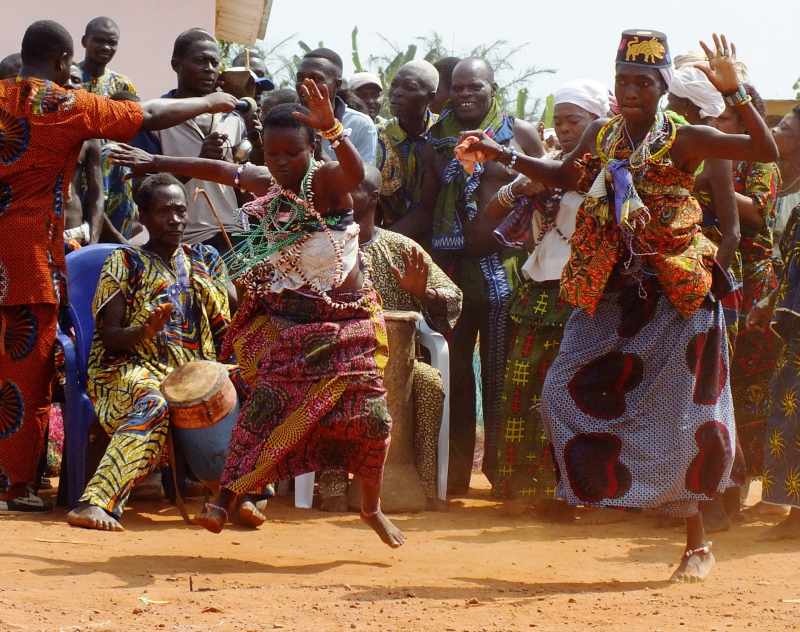Beliefs of Vodou

The religion of Vodou is monotheistic. Vodou practitioners are known by a variety of names, including Vodouists, Vodouisants, Vodouwizans, and Serviteurs.
The followers of Vodou believe in a single, supreme godhead, which might be equated with the Catholic God. Bondye, which means "the good god", is the name of this divinity. Bondye is the creator god of the Vodou religion, and the lwa (loa) are his servants. The Lwa act as go-betweens for man and Bondye, whose presence is much beyond human knowledge.
Bondye is essentially unknown to people and does not interfere in mortal matters. For direct relationships with humans, he employs the Iwa, spirits that engage with the Vodouisants. Therefore, spiritual activity is done with the LWA instead. The Lwa are spirits who act as go-betweens between man and Bondye. Vodou is a part of everyday existence, and the Lwa wander among the living.
Each lwa has sovereignty over a specific domain, and the Vodouisants make offerings to them in exchange for a favor. The laws are classified into nanchons, or families, based on shared qualities or functions. Vodouisants believe in rites performed to gain protection from the Lwa.
Humans and LWA have a mutually beneficial relationship. In exchange for their assistance, believers donate food and other commodities that appeal to the LWA.
During ceremonies, the lwa are frequently invited to possess a believer by Vodou mambos or oungan so that the community can engage with them directly. Each LWA has a unique set of requirements that must be completed before they may give petitioners favors.
Vilokan is the residence of both the LWA and the deceased. It is usually referred to as a submerged and forested island. It is guarded by the Lwa Legba, who must be appeased before practitioners can converse with any other Vilokan citizen.






